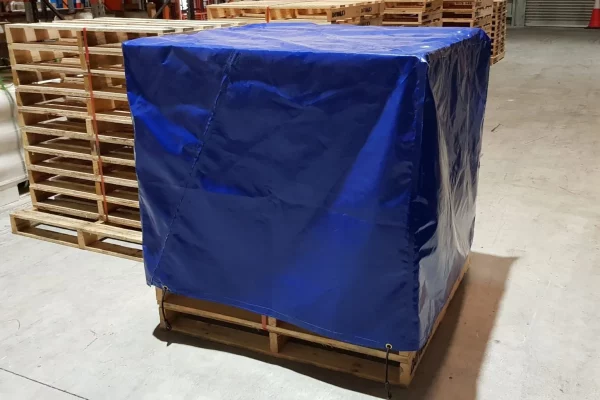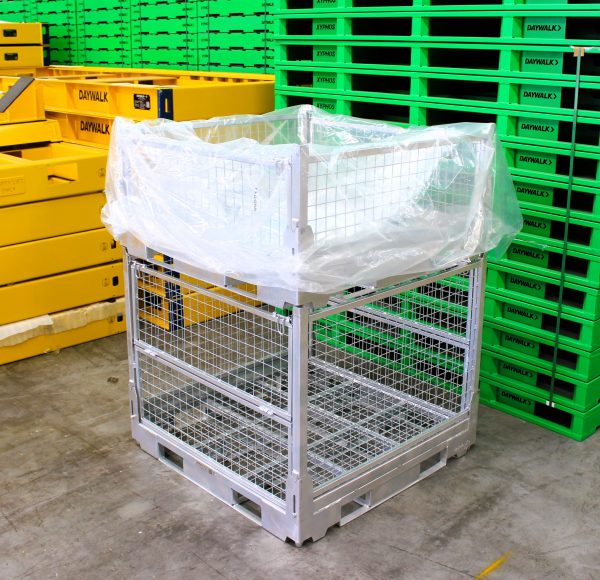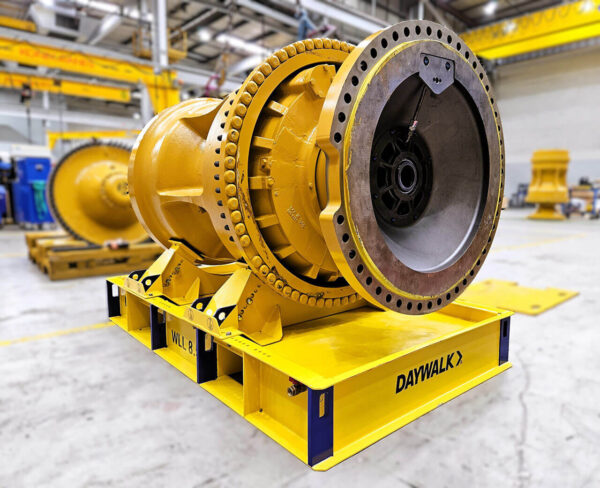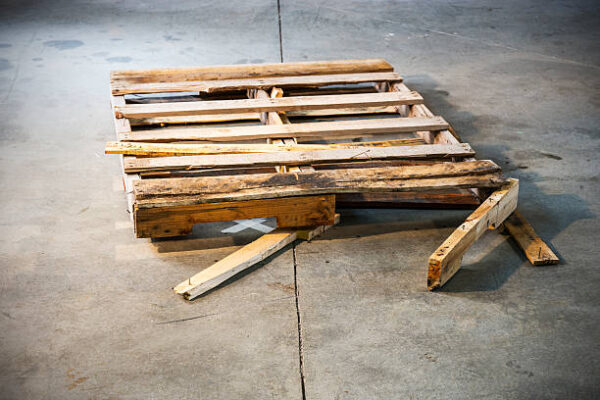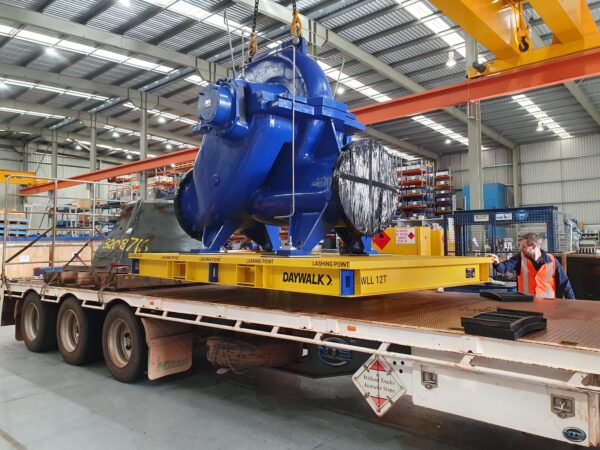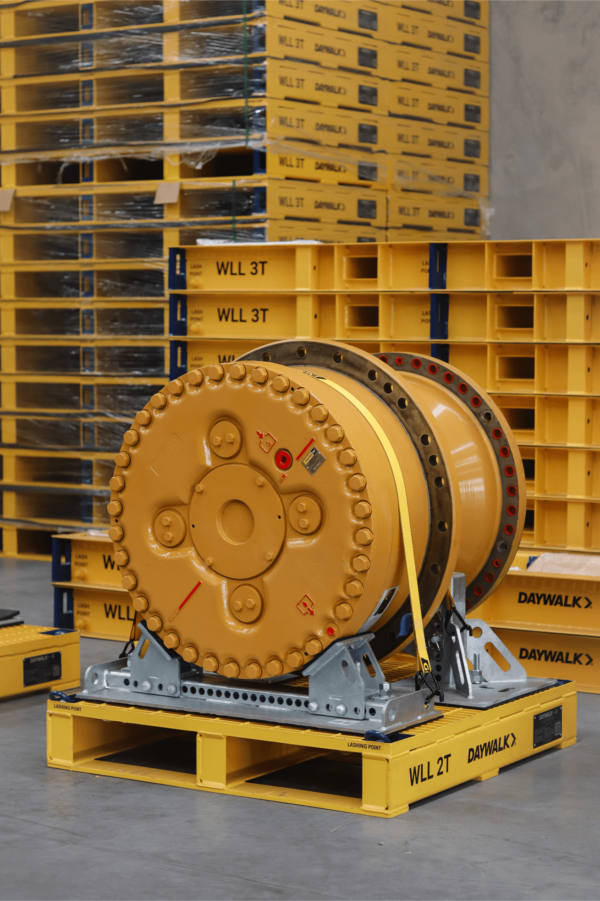Pallets are an important part of industrial processes. Whether they’re hardwood or plastic, pallets have a great use within the warehouse – they’re used for storage, for racking or stacking, and for transportation of goods. Because of their versatility and functionality, pallets are a staple of the setting.
However, because of their practical uses, most pallets do not last for very long when in constant use. This brings up the concern of disposal – what should a responsible warehouse manager do with pallets that have deteriorated or are no longer safe to use?
One eco-friendly option is to recycle the pallets, along with any accessories, such as pallet collars. Recycling has seen an upswing in recent years due to the growing social awareness about conserving natural resources and reducing waste. Because of this, it’s not out of place for enterprising persons to convert what are industrial items for other purposes.
Pallets are one such example of this item conversion. Recycling pallets can be as simple as converting them into loungers or bedframes, or can involve more complicated processes like turning wooden planks into mulch or plastic pallets into garden plots. In some cases with hardwood pallets, the entire pallet is disassembled and the planks repurposed entirely, turning the parts into items such as benches or shelves.
A favourite option for pallet recycling is to convert the pallets into home furniture. In addition to the items mentioned above – turning pallets into loungers or bedframes – other options include tables, playhouses, and shoe racks. These options may require some skill in carpentry, but are otherwise feasible and relatively easy to build. The internet also provides step-by-step guides for making furniture using repurposed pallets.
Because of this growing awareness for proper disposal, there are side businesses that have sprung up as well. These side businesses purchase at a low price the pallets intended for disposal, and then resell these pallets to recyclers for reuse or to landscaping businesses (hardwood pallets, specifically) for chipping. With the latter, the metal parts of a pallet – like the nails keeping the planks in place – are removed before being fed into wood chippers. Depending on whether or not the pallet wood was treated for bugs or not, the resulting mulch is then sold off for landscaping purposes.
Another reason for the rise of recycling, repurposing, and responsible disposal of items like pallets is that companies are being given an incentive to do so. Carbon footprints are a serious issue among big companies today, and as a result, many companies are working on lowering their carbon footprints to avoid or minimise any sanctions brought on by government laws regarding waste management.
Pallet recycling can be an exciting venture for people looking to extend the lifespan of items meant for disposal. Recycler efforts have had great effects on the pallet disposal management as well; in Australia, where there are an estimated 140 million pallets in the market with an annual demand of 56 million (as of 2014), 14% of these pallets are recycled.
Repurposing, recycling, reusing – whichever word is used, the effect is the same: reduced waste, especially for an industry that runs high risks of being damaging to nature. Take part in the movement today, and find a creative use for an old pallet.
